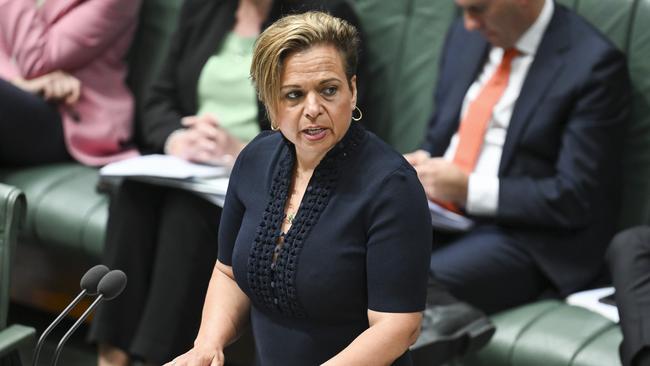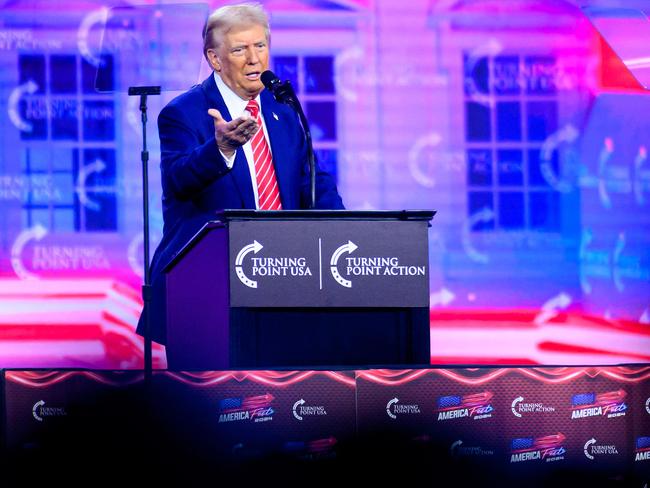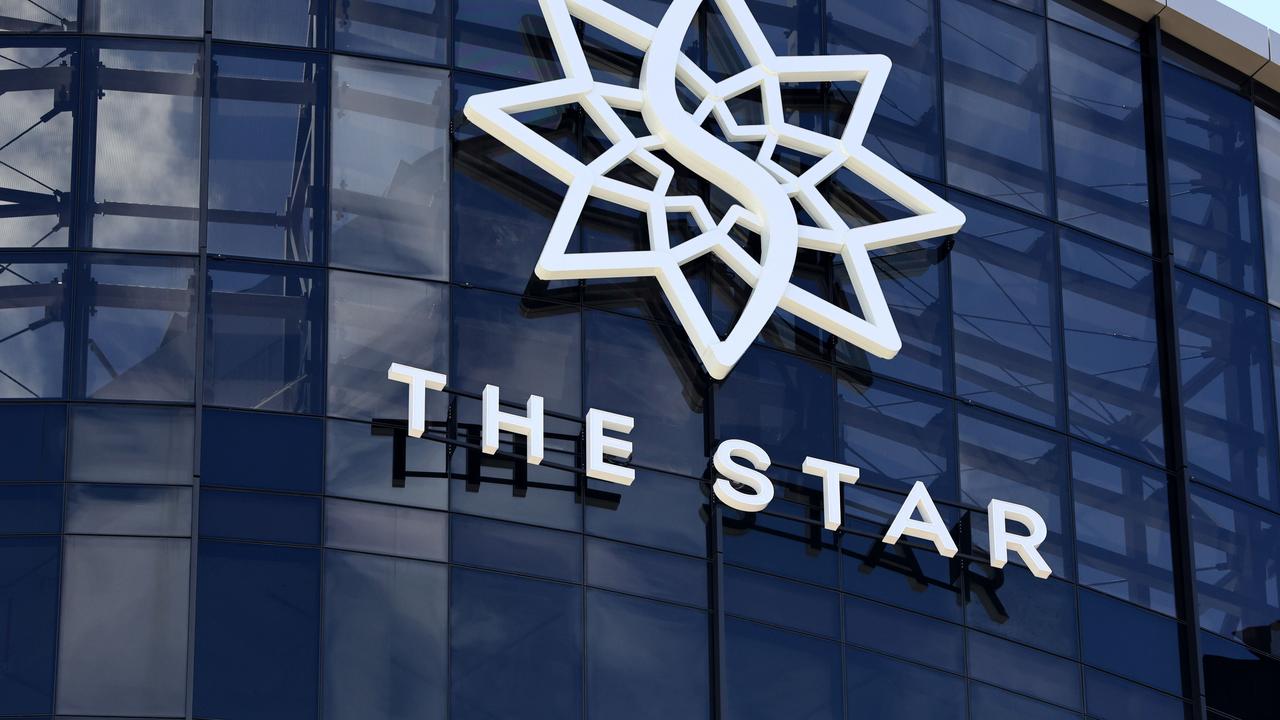
But when you look at their regulatory approaches, Trump and Rowland have very different ideas about how to balance freedom of communication with the goal of protecting the community from information deemed “harmful”.
Unless these differences are resolved, Australia could be heading for a period of tension with the US over free speech.
Trump’s recent statements suggest he would only restrict dissemination of unlawful content such as child pornography or bomb-making instructions.
If digital platforms go beyond that, he has promised to strip them of a statutory immunity that protects them from legal liability for content produced by third parties.
Rowland is already responsible for regulatory arrangements in this country that permit the suppression of far more content.
She oversees a voluntary code of practice that permits censorship of lawful material that is nevertheless deemed “harmful” by the digital platforms on a range of grounds – including harm to the environment.
Unless these differences are resolved, digital platforms that operate in both countries could soon be caught between conflicting rules.
Signs of tension have been building for weeks.
On December 3, Rowland outlined the Albanese government’s expectations for the Australian Communications and Media Authority.
Her statement shows the government has no intention of abandoning its crusade against misinformation and disinformation despite last month’s withdrawal of its Misinformation and Disinformation Bill.
And spearheading that campaign is ACMA – the same organisation that would have played a central role under the MAD Bill.

Rowland’s December 3 statement says: “I expect the ACMA to support particular objectives and priorities with respect to the government’s communications and media objectives.”
And those objectives and priorities included “working with industry to address online misinformation and disinformation …”
One of the reasons for the failure of the MAD Bill was concern that ACMA would have been handed powers that were too broad and ill-defined. The MAD Bill would have permitted censorship of lawful content that was deemed to be misinformation or disinformation.
Trump rejects those labels and plans to punish those who censor lawful content.
On November 10, he announced that on his first day in office he planned to sign an executive order banning “any federal department or agency from colluding with any organisation, business or person, to censor, limit, categorise or impede the lawful speech of American citizens”.
He would ask Congress to prepare a change to section 230 of the US Communications Decency Act “to get big online platforms out of censorship”.
“We need to break up the entire toxic censorship industry that has arisen under the false guise of tackling so-called mis and disinformation,” he said.
“The fight for free speech is a matter of victory or death for America and for the survival of Western civilisation itself. When I am president this whole rotten system of censorship and information control will be ripped out of the system at large.”
This is clearly designed to prevent digital platforms skewing policy debates by suppressing information that has not been ruled unlawful.
In Australia, by contrast, Rowland still seems determined to give effect to the “recalibration” of free speech that was proposed more than two years ago by Julie Inman Grant, her e-safety commissioner.
Trump’s attack on censorship might cause difficulties for digital platforms in this country that have agreed to abide by a voluntary code of practice known as The Australian Code of Practice of Disinformation and Misinformation. The code goes beyond targeting unlawful content.
If that results in the suppression of lawful US content – such as contested assertions of fact or opinion – the platforms might need to choose between complying with Trump’s proposed new law and Australia’s voluntary code.
The Australian code commits its signatories to reduce dissemination of content that is “verifiably false or misleading or deceptive” and is reasonably likely to cause harm.
An ACMA report on the code published in September says current signatories include Meta (parent of Facebook and Instagram), Google (which includes YouTube), TikTok, Apple (including Apple News), Adobe, Redbubble, Microsoft (including Bing and LinkedIn) and Twitch.
That report outlines ACMA’s involvement with the platforms in “managing” information about last year’s voice referendum – something that would not be permitted in the US under Trump’s proposed changes.
ACMA wrote to the platforms before the referendum and they “undertook initiatives to manage misinformation”. Exactly what was censored is not revealed in the report.
The bottom line is this: Trump might be on the verge of doing more to protect freedom of speech in Australia than this country’s own government.
Chris Merritt is vice-president of the Rule of Law Institute of Australia.







Communications Minister Michelle Rowland has something in common with Donald Trump: they both claim to be committed to freedom of communication.